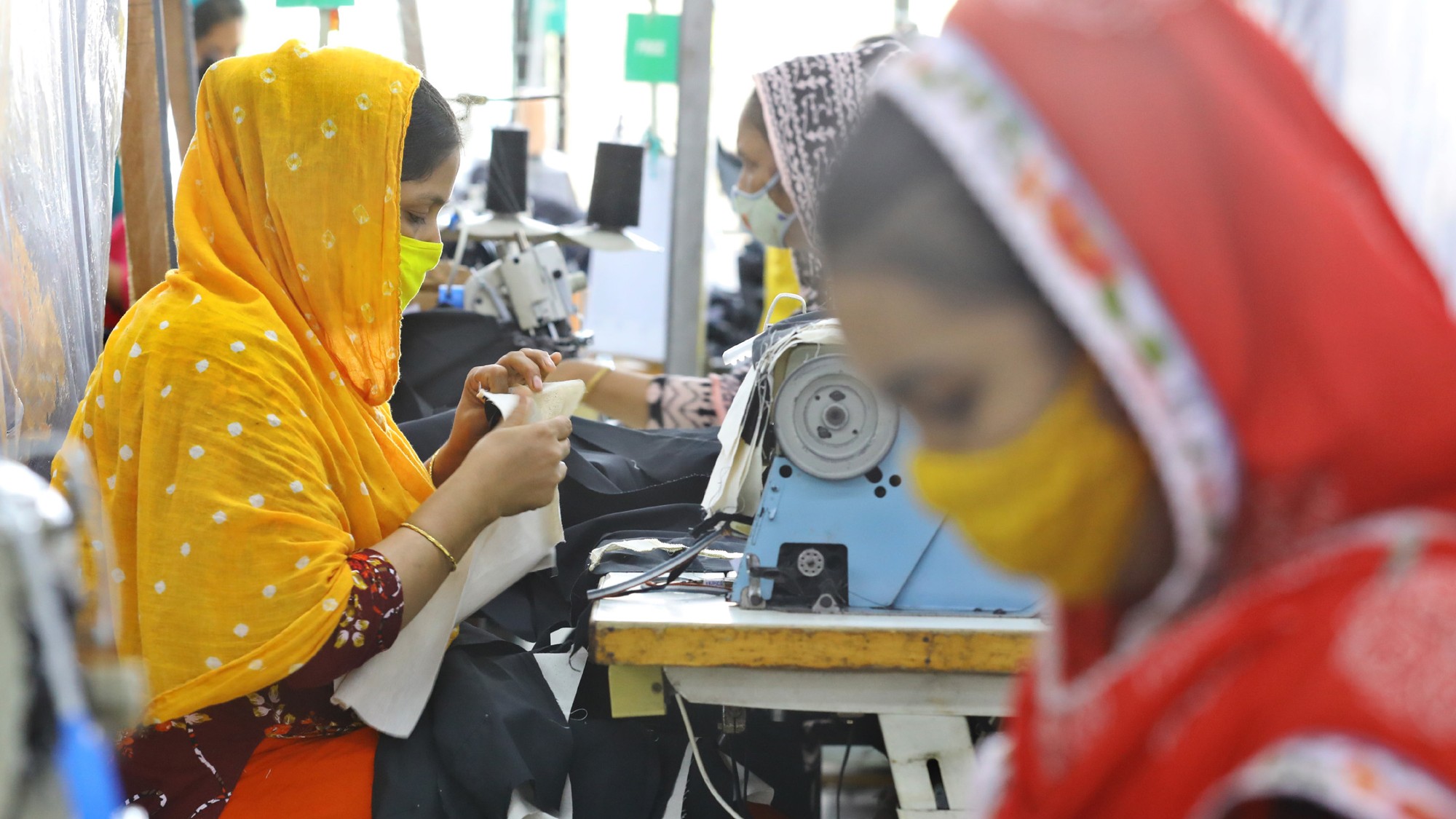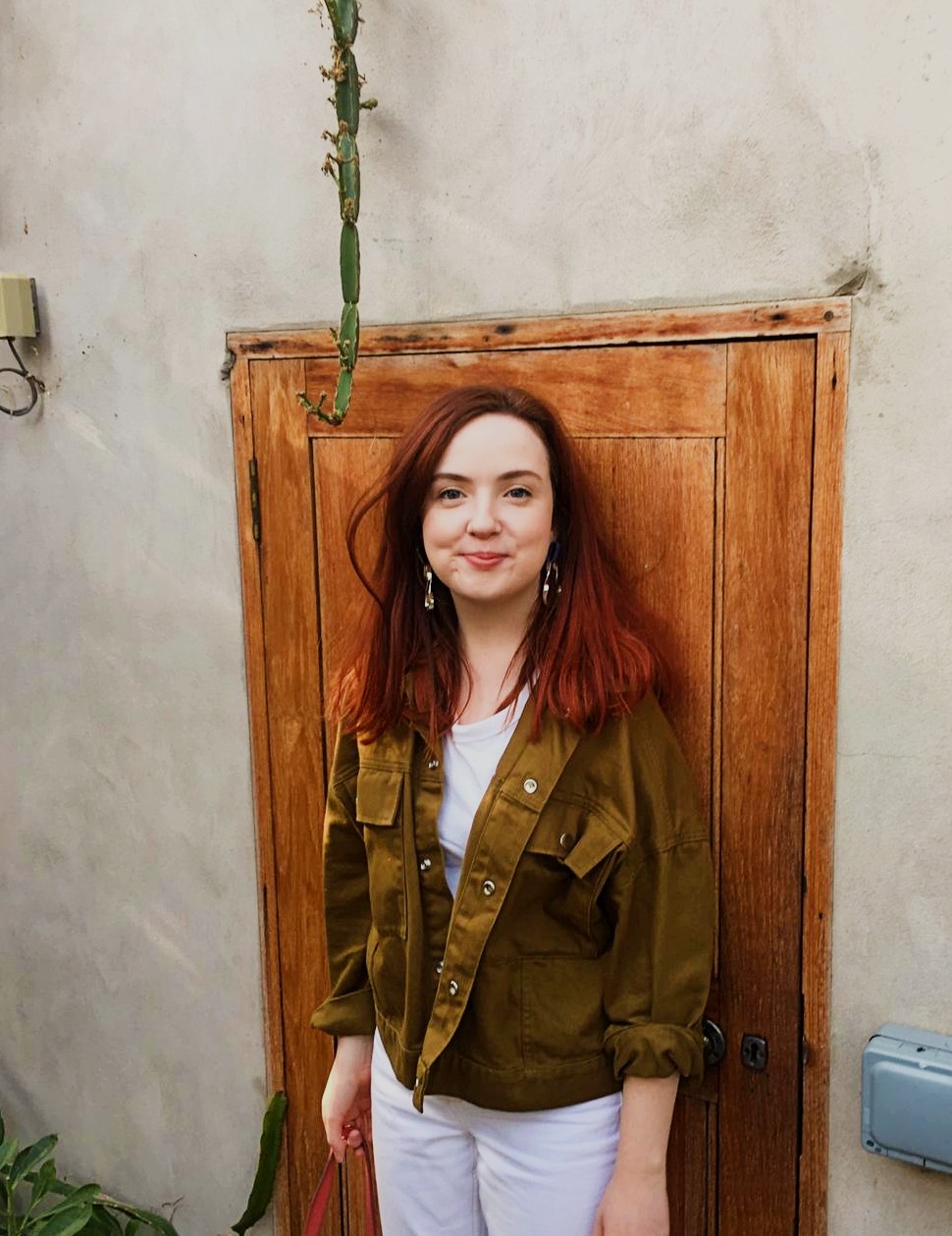Major high street brands including Zara and H&M have signed a vital new agreement protecting garment workers’ rights
The Bangladesh Accord was set up following the Rana Plaza factory collapse in 2013.


The Bangladesh Accord was set up following the Rana Plaza factory collapse in 2013.
Major fashion retailers including Zara, H&M and Uniqlo have demonstrated their commitment to protecting garment workers in Bangladesh by signing a crucial legally-binding agreement that will come into effect from tomorrow, 1 September.
The International Accord for Health and Safety in the Textile and Garment Industry pledges to protect the health and safety of the fashion industry's key workers following the devastating Rana Plaza factory collapse in Dhaka in 2013, which killed 1,134 people.
Widespread industry push-back occurred when it was feared that the original five-year Bangladesh Accord, which was signed as a direct result of Rana Plaza, would not be renewed following its expiration back in May. But after being extended by a further three months, a new – strengthened – version of the accord has been signed, following pressure from trade unions and campaigners.
Among the pledge's confirmed signatories are industry giants Zara, H&M and Uniqlo. Though a full list of the new agreement's signatories won't be announced until 1 September, the previous Bangladesh Accord was signed by over 200 brands including the likes of Adidas and Hugo Boss.
That the agreement remains legally binding – meaning fashion companies are liable in a court of law if they do not ensure the health and safety of their employees – is vital. Nor could the new Accord have come at a more crucial time for the industry, as millions of garment workers, around 80 per cent of whom globally are women, deal with the devastating impact of the COVID-19 pandemic on their livelihoods.
More significantly still, the new accord allows for the agreement to be applied to other countries beyond Bangladesh, with signatories committing to expanding the agreement to cover at least one other country within the next two years.
Celebrity news, beauty, fashion advice, and fascinating features, delivered straight to your inbox!
A statement signed by the accord's deputy director, Joris Oldenziel, alongside representatives for UNI Global Union and IndustriALL Global Union said, "This is a legally binding agreement between companies and trade unions to make ready-made garment (RMG) and textile factories safe. The renewed agreement advances the fundamental elements that made the accord successful.”
With labour activists estimating that the original accord helped make some 1,600 factories safer for 2 million workers in the wake of Rana Plaza, let's hope this landmark new agreement expands the accord's indispensable impact even further.
Kate McCusker is a freelance writer at Marie Claire UK, having joined the team in 2019. She studied fashion journalism at Central Saint Martins, and her byline has also appeared in Dezeen, British Vogue, The Times and woman&home. In no particular order, her big loves are: design, good fiction, bad reality shows and the risible interiors of celebrity houses.
